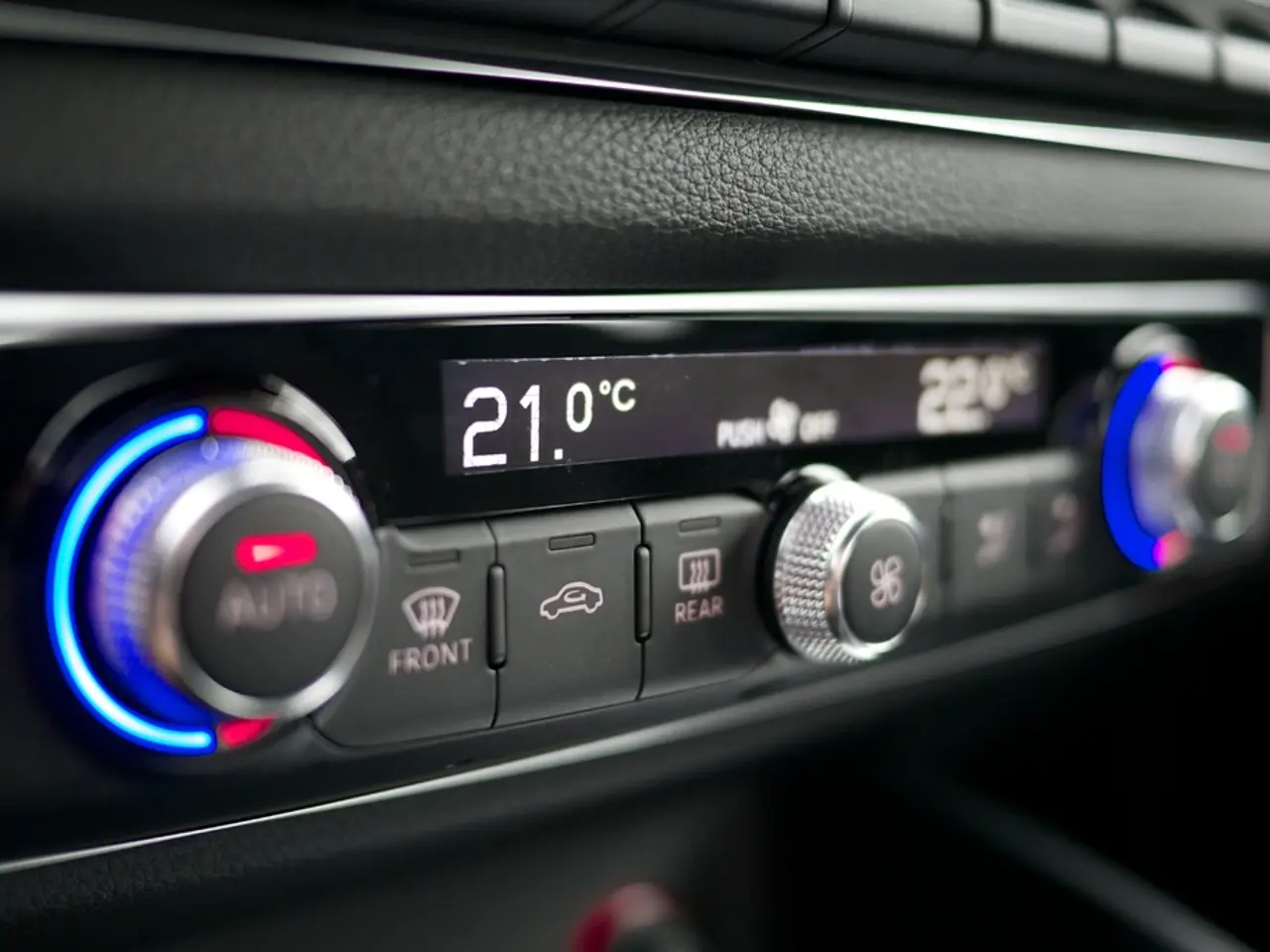Aldi & Co Introduces Unprecedented Product Promise
The European Union's latest regulation, **Regulation (EU) 2023/1542**, on batteries and waste batteries, will fully come into effect on August 18, 2025, replacing the old Directive 2006/66/EC. This comprehensive legal framework aims to make batteries safer, more sustainable, and circular, with significant new obligations for both retailers and consumers.
Key Changes
One of the most notable changes is the Extended Producer Responsibility (EPR), which requires producers (including retailers who sell under their own brand) to register in each EU Member State where they place batteries on the market. They must also cover the financial responsibility for collecting, recycling, and disposing of waste batteries.
Mandatory take-back obligations mean retailers must provide a nationwide take-back system for all battery types, including portable, industrial, automotive, electric vehicle (EV), and light transport (e.g., e-bikes, e-scooters). Municipal collection points must now accept batteries from light transport, not just portable batteries as before.
The regulation clearly defines different battery categories—portable, industrial, automotive, EV, and light means of transport—each with specific requirements for collection, labelling, and recycling.
Expanded labelling and information requirements mean retailers and producers must ensure batteries are clearly labelled, including information on chemical composition, recycling instructions, and the crossed-out wheeled bin symbol for separate collection. Consumers must be informed about proper disposal and recycling.
Stricter registration and compliance measures mean producers must register their batteries and comply with documentation, reporting, and labelling requirements in each country where they operate. In Germany, for example, a new Battery Act (BattDG) is being introduced to align with the EU regulation, and automatic approval for registrations is being introduced to streamline the process.
Impact on Retailers
Retailers, including supermarkets and electronics stores, must have accessible collection bins for used batteries. They must register as battery producers (if selling under their own brand) and comply with national reporting systems, or work with Producer Responsibility Organizations (PROs). Retailers must ensure battery packaging and point-of-sale displays include mandatory information and symbols. Retailers may face new costs for waste management, which could influence pricing.
Impact on Consumers
Consumers will find more collection points, including for batteries from e-bikes and e-scooters, not just household batteries. Battery labels will provide clear instructions on how and where to recycle, making it simpler for consumers to comply. The new compliance and recycling costs may lead to slightly higher battery prices, but this is not explicitly mandated by the regulation. Increased visibility of recycling systems and labels may raise consumer awareness about sustainable battery use and disposal.
Timeline
- August 17, 2023: Regulation entered into force. - August 18, 2024: Partial application began. - August 18, 2025: Full application, including all EPR and labelling obligations.
Summary Table
| Stakeholder | Main Changes and Obligations | |-------------|-----------------------------| | **Retailers** | Provide collection points, register in each EU country, ensure correct labelling, cover recycling costs, report battery data | | **Consumers** | More accessible recycling, clearer instructions on disposal, possible price impacts, increased awareness |
Conclusion
The new EU battery regulation introduces a more stringent, standardized, and transparent system for battery lifecycle management across Europe. Retailers face increased responsibility for collection, recycling, and compliance, while consumers benefit from better access to recycling and clearer information. The changes aim to drive sustainability, reduce environmental impact, and support the EU’s circular economy goals.
- The expansion of environmental-science research in the industry is essential for understanding and addressing climate-change issues, as the new EU battery regulation emphasizes the need for more sustainable and circular practices in battery production, use, and waste management.
- The European Union's latest policy, Regulation (EU) 2023/1542, not only affects retailers but also requires producers, including those in the environmental-science sector, to register in each EU Member State and cover the financial responsibility for collecting, recycling, and disposing of waste batteries.
- Environmental-science experts and financial analysts may collaborate to assess the potential economic and environmental implications of the new EU battery regulation, as it may lead to changes in the production and pricing of batteries due to the increased costs associated with the Extended Producer Responsibility (EPR) and recycling requirements.




